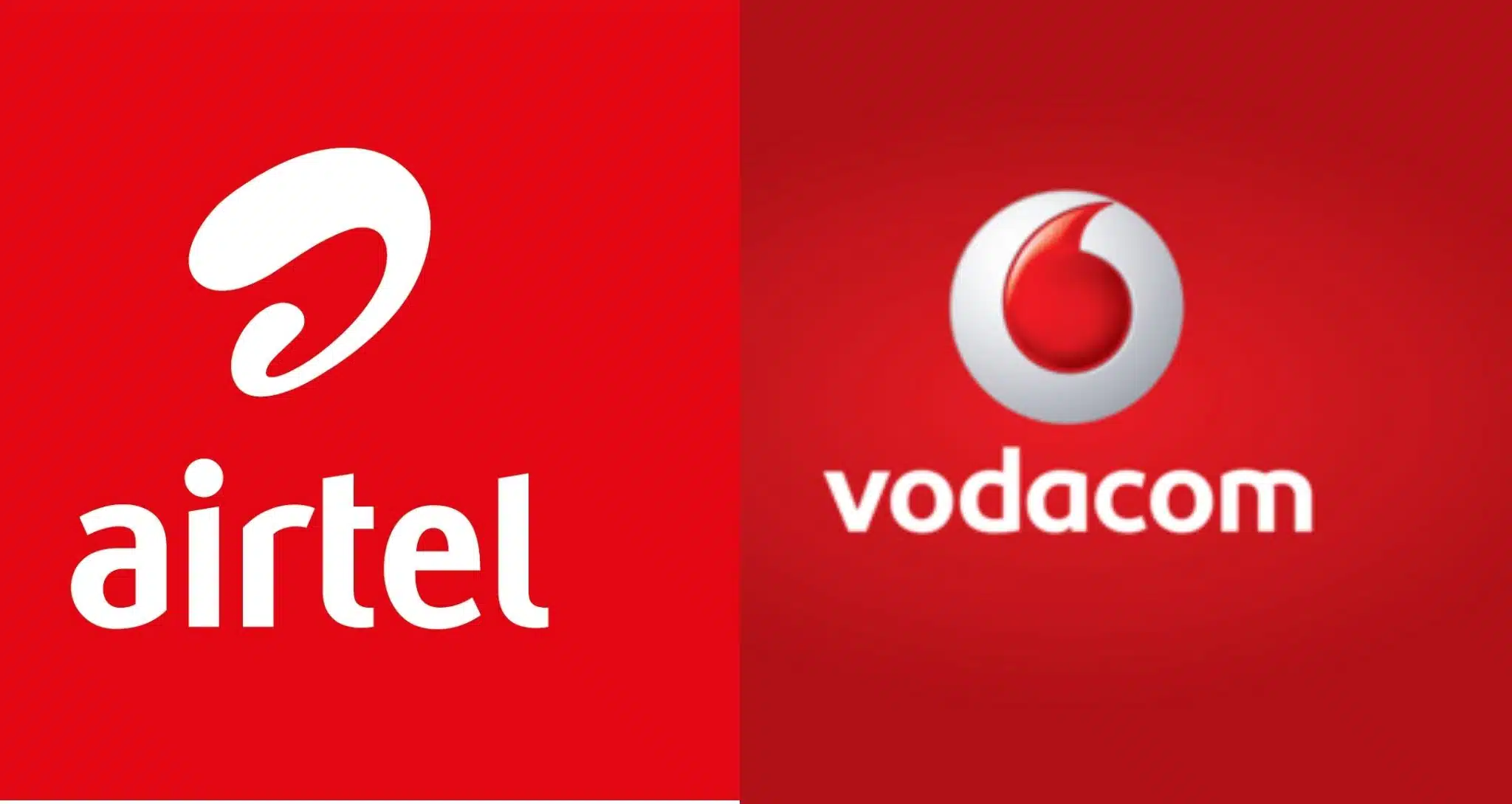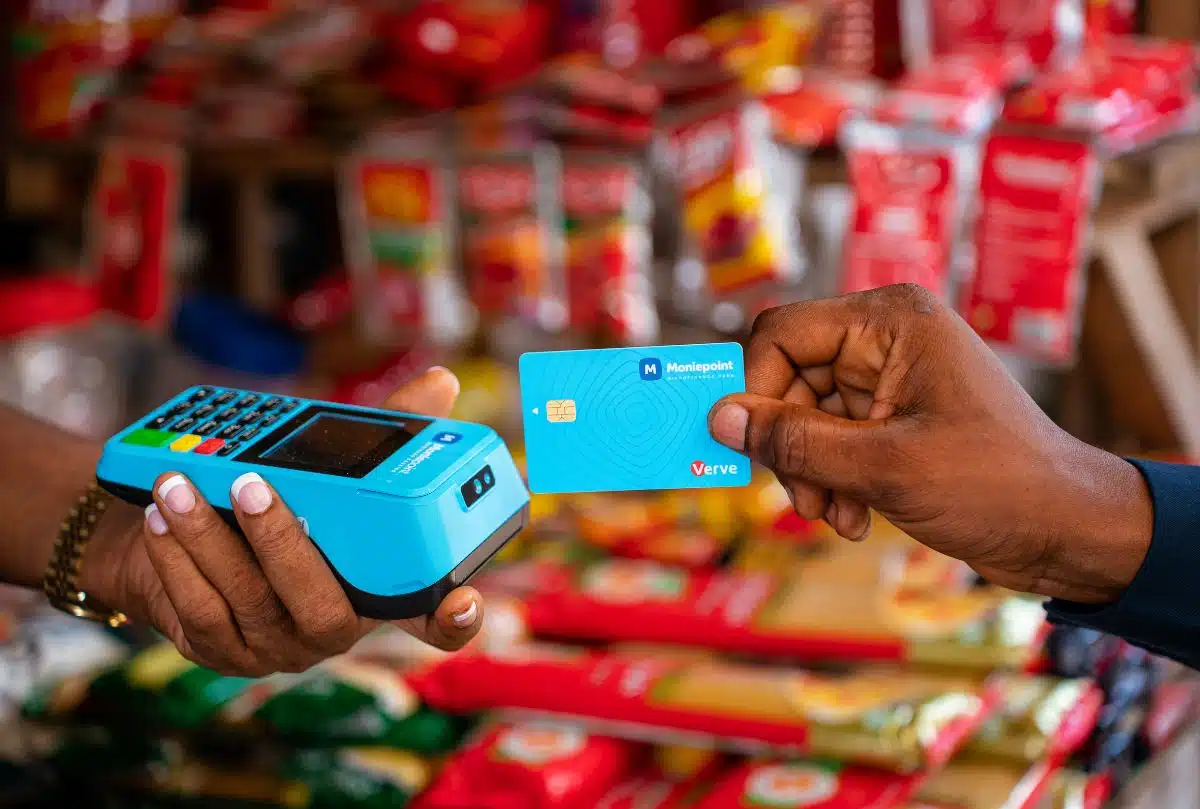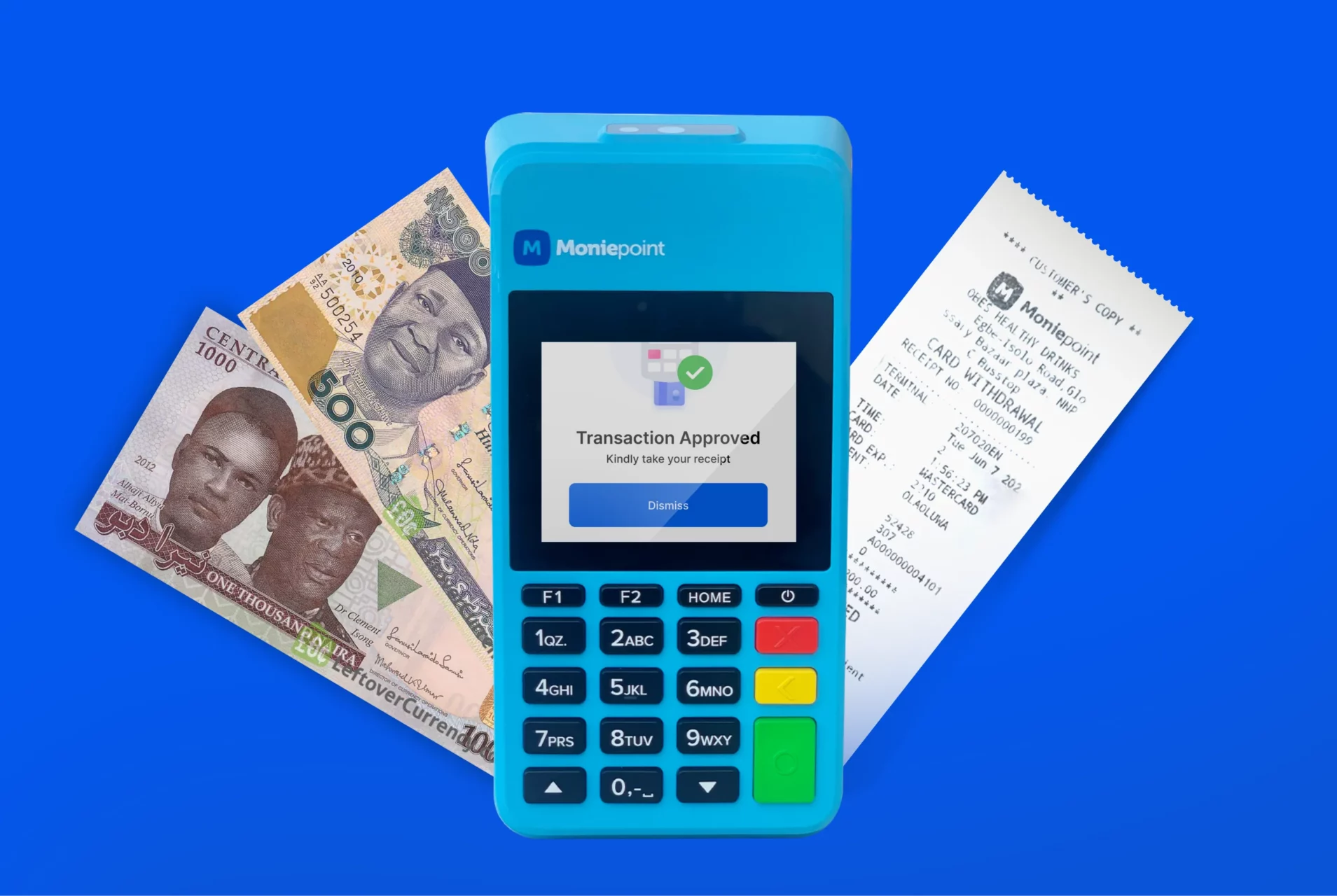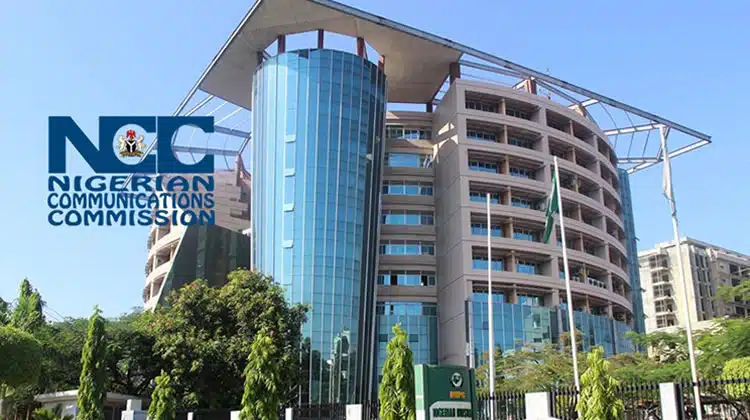Airtel Africa and Vodacom Group have entered into a strategic agreement to share fiber and tower infrastructure in Mozambique, Tanzania, and the Democratic Republic of Congo (DRC).
According to a statement shared with Techpoint Africa, the deal, which is subject to regulatory approval in each market, is expected to accelerate the rollout of 4G and 5G services, improve connectivity, and reduce operational costs for both telecom operators.
The partnership reflects a growing trend in Africa’s telecom sector, where competitors are increasingly joining forces to share infrastructure. By leveraging existing networks, the two companies aim to expand coverage faster and more efficiently, particularly in remote and underserved regions where deployment costs can be prohibitive.
Vodacom Group CEO Shameel Joosub said the move aligns with the company’s strategy to connect 260 million customers by 2030.
“Through infrastructure sharing, we can provide cost-effective services to more people, more rapidly, ensuring no one is left behind in the digital age,” Joosub said.
Similarly, Airtel Africa CEO Sunil Taldar emphasised the transformative potential of the deal, noting that it supports the company’s goal of bringing reliable connectivity to even the most remote locations.
“Working with Vodacom, we will open greater access to digital and financial opportunities that can transform lives while complying with all regulatory requirements,” Taldar said.
The agreement focuses on accelerating fibre deployment, a critical step for scaling next-generation technologies. Fibre networks form the backbone for high-speed mobile internet, enabling low-latency connections that support modern applications from video streaming to financial transactions. This capability is particularly vital for the successful adoption of 4G and 5G technologies, which require robust infrastructure.
Beyond improving customer experience, the collaboration could help bridge Africa’s digital divide.

Victoria Fakiya – Senior Writer
Techpoint Digest
Stop struggling to find your tech career path
Discover in-demand tech skills and build a standout portfolio in this FREE 5-day email course
Many rural communities across the continent remain underserved due to the high cost and logistical challenges of building network infrastructure in difficult terrain. By sharing resources, operators can extend coverage to these areas at a fraction of the cost, making broadband access more affordable and sustainable.
This approach is consistent with similar moves in the industry. Earlier in 2025, MTN Group and Airtel Africa announced plans to share infrastructure in Uganda and Nigeria to expand rural coverage. Such partnerships also align with the rise of open radio access networks (open RAN) in Africa, which promise more flexible and cost-effective network deployments.
For Airtel Africa, the deal complements ongoing initiatives such as satellite connectivity partnerships with Starlink, which aim to boost network resilience and expand digital services across its 14-country footprint. Vodacom, meanwhile, has made significant investments in network expansion, including a R20 billion commitment to 5G and rural coverage across South Africa.
If approved, the partnership could serve as a model for other African markets, demonstrating how collaboration between rivals can drive both business growth and social impact.











